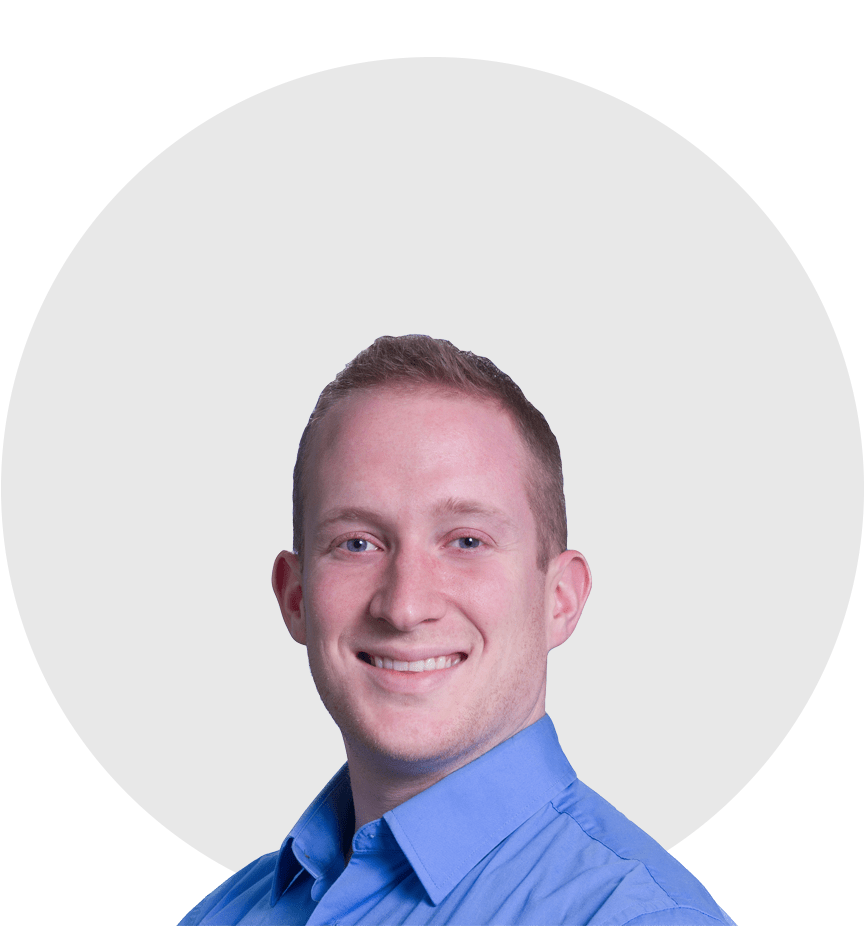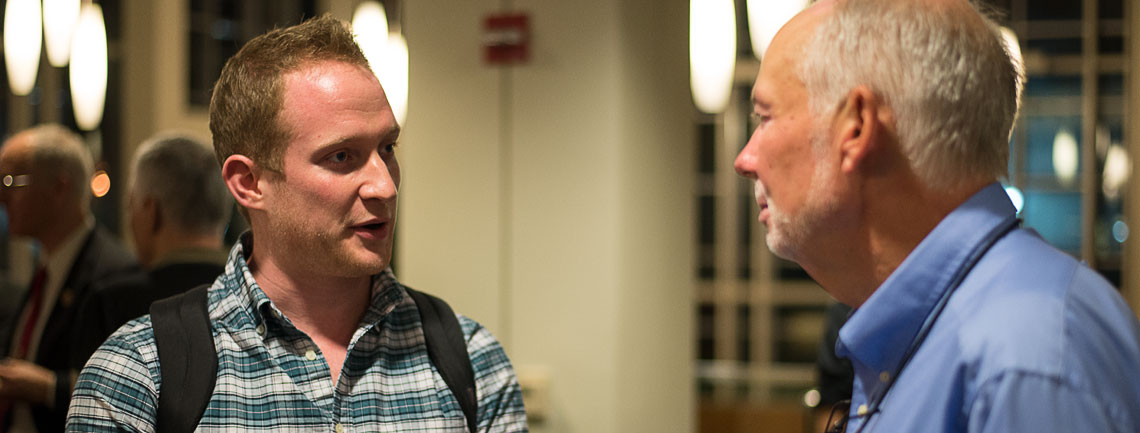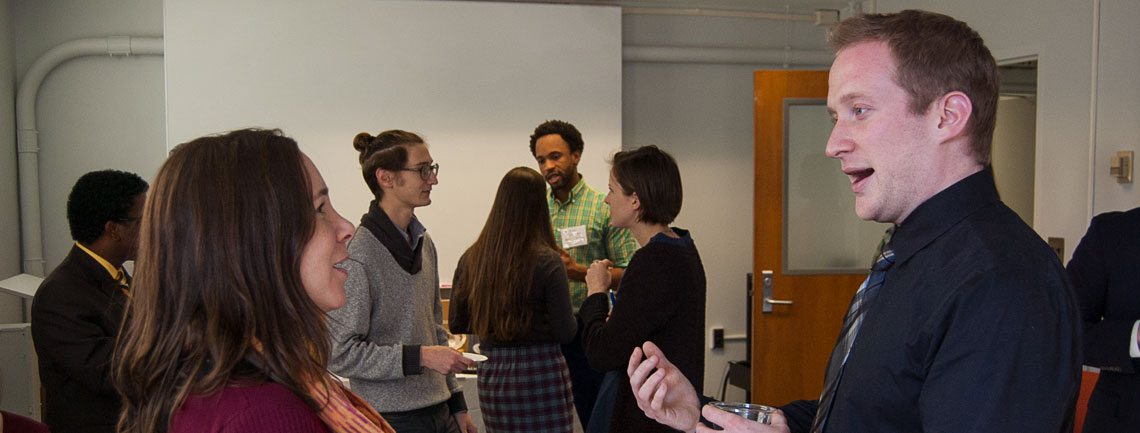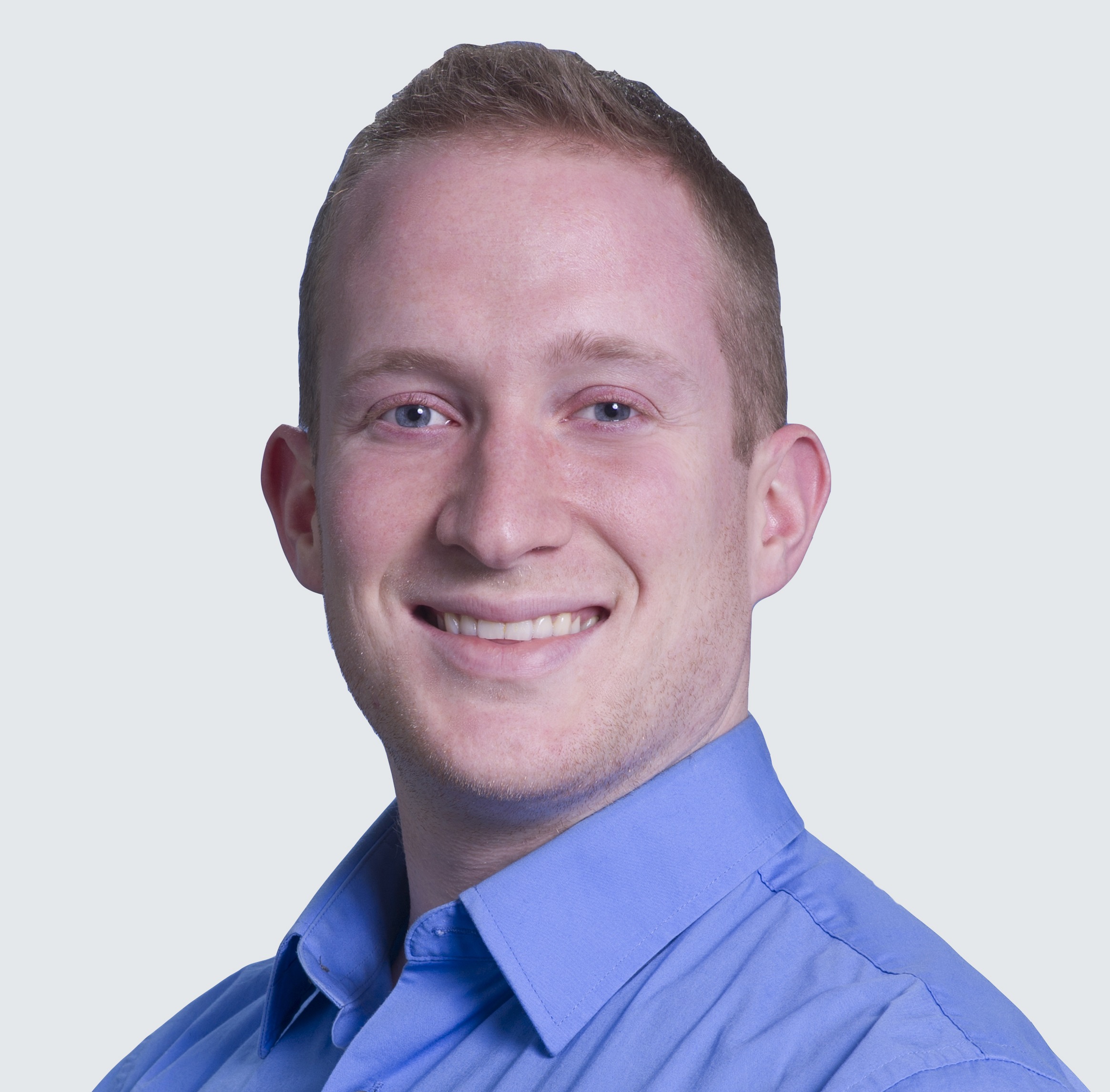
Alumni Reflections
Sean Harrold holds degrees in biology and philosophy and is a graduate student in the Duke Initiative for Science & Society’s Master in Bioethics & Science Policy Program.Bioethics And Science Policy Masters Program prepares science minded student to answer his call.
Scientific advancements in genomics, engineering feats in robotics, and biomedical breakthroughs in neuroscience are transforming the way we live. There is an ever-growing need in society for well-informed professionals to stand in the gap between scientific progress and the society it affects, ready or not. This summer Sean Harrold completed his MA capstone project with a summer capstone project at Editas Medicine. In the following interview Sean shares how his background in biology led him to the Master in Bioethics and Science Policy Program at Duke and reflects on his experience working with a cutting-edge bioetech company.

Tell us a little bit about your background.
I studied biology at the University of Illinois and loved it. The idea of studying life itself really captivated me. I became frustrated, however, when I realized that biology’s lessons were purely descriptive–they did not explain why life exists. Pursuing those explanations led me to study philosophy too. I graduated with bachelor’s degrees in both disciplines.
After graduation, you worked in Chicago for a global pharmaceutical company. What sort of research did that entail?
That was a highly regulated toxicology lab. The lab’s purpose was to generate data on experimental medicines so that they could be safely given to patients. It’s hard to explain what that translates to in practice. Generally, it meant working with many diverse teams of specialists to coordinate the execution of complex study protocols. There were many narrow timeframes, documents to sign, and small mammals.
What made you consider going back to school?
I wanted to take control of my career and direct it toward someplace that I intended to be. I was very happy to find employment at my last company, but despite my best efforts networking I could not identify a career I could easily access with mere bachelor’s degrees. I was also audited by the FDA, which was stressful, so that helped push my decision along.
Why a Master in Bioethics & Science Policy at Duke?
I had a kind of dilemma that this program’s existence answered. I wanted to somehow use my penchant for picking up philosophy books to contribute something meaningful to society. The Duke MA program has a pragmatic agenda; it trains and pairs students with organizations that in turn need work on projects of an ethics or policy nature. This made perfect sense to me and was exactly what I wanted.

You worked with Editas during your summer capstone project. How did they approach bioethical and policy concerns?
Editas Medicine is a unique biotech company. They are trying to develop CRISPR genome editing to produce cures for individual patients suffering from genetic disease. They took an interest in me because they recognize how much this stuff matters to the public and they wanted to make sure they had a good sense of everyone’s views. My work has since been to identify the social and ethical concerns for genome editing noted by the US National Academies and other stakeholders (bioethics committees, patient groups, policy experts, etc.).
Can you tell us about some unexpected challenges you encountered?
I think my biggest challenge continues to be managing the tensions that arise between academic and business mindsets. For example, I was so accustomed to taking months to write fact-checked essays citing peer-reviewed papers that it was alarming when I was asked to instead make power point slides. I’ve come around a bit, but I still put academic rigor into my slides that costs me time. Knowing when and why to prioritize either quality or speed is a skill that I am still training.
How did your education in the MA program prepare you to tackle these challenges?
The best way to view how the MA program prepared me is actually not in looking at challenges I was faced with, but in looking instead at the things that enabled my success. I knew where and how to find the materials needed to create valuable products for Editas. A communications skillset helped me craft informative and concise messages on complex topics. I brought with me a familiarity with the larger scope of history, ethics, and policy that Editas is entering in to. All of this enabled me to direct my own work–an invaluable asset to have in a biotech company where even minutes of mentorship are hard to come by. This independence and the challenges it helped me to avoid is what I credit to the MA program and its preparations.

The first CRISPR trial in humans is reported to start next month in China. What are your thoughts on this scientific milestone?
Well, a scientific milestone should be an event of experimental success or discovery that contributes something positive to the field or to society. The Chinese study published last year controversially used CRISPR genome editing in non-viable human embryos, but did not produce any knowledge that experts in the field weren’t already aware of. The 2015 study showed a significant degree of off-target mistakes and variable results. If that study was a milestone it was not for the sake of the science, but for the sake of the controversy it caused. The 2015 embryo editing study prompted agencies and organizations like the NIH or the Alliance for Regenerative Medicine to clarify their stances or call for moratoria on germline editing in humans.
I hope that this upcoming study is a true scientific milestone in the sense that it successfully and safely conducts genome editing in humans. That would be cause for celebration. Anything less than that may do great harm to trial participants, create new controversy, or encourage international legislative restrictions or bans on these technologies. Ultimately, negative outcomes like these delay the development of therapies and thus unnecessarily extend patients’ suffering.
Is China moving too quickly or is the US lagging behind?
If we view progress in medical science as a race to be won by competing nations, we may forget ourselves. The reason genome editing is exciting has to do with its potential to cure genetic diseases, but moving forward too quickly may create novel genetic diseases in test subjects.
Having worked in toxicology, I can confirm that it is incredibly difficult to characterize the pathology of a treatment’s effects on complex, dynamic, and individually unique living organisms. The US is lagging behind in the sense that regulators and researchers are still discussing how to best oversee these studies, measure toxicity, or inform patients of the procedures they would consent to. Lagging behind in this race may be a better strategy to usher scientific progress responsibly and respectfully. Knowing this for certain will nevertheless require the publication of the Chinese research team’s actual results.
What are your plans after graduation?
My advisor at Editas Medicine has invited me to stay through the end of 2016, at which point we’ll revisit the question of my plans for 2017. I want to continue working to understand the emerging international regulatory paradigms for genome editing. On a more personal level, this summer was enough for me to feel at home on the northeast coast. Fenway reminds me of Wrigley. It’s a shame though that David Ortiz is retiring.
About Sean:
 Sean studied biology and philosophy as an undergraduate Evans Scholar at the University of Illinois. He is a Bioethics and Science Policy Masters candidate in the Duke Initiative for Science & Society. For a number of years after graduation Sean worked in Chicago for a global pharmaceutical company doing research and development. During that time he developed a professional ambition to contribute to the planning process of cutting edge research – and to ensure its ethical practice.
Sean studied biology and philosophy as an undergraduate Evans Scholar at the University of Illinois. He is a Bioethics and Science Policy Masters candidate in the Duke Initiative for Science & Society. For a number of years after graduation Sean worked in Chicago for a global pharmaceutical company doing research and development. During that time he developed a professional ambition to contribute to the planning process of cutting edge research – and to ensure its ethical practice.
DISCLAIMER: These reflections represent the views of the student and not necessarily the views of the Duke Initiative for Science & Society or the Bioethics & Science Policy Masters Program. Our program represents myriad views and ideologies and we welcome open discussion on potentially controversial subject matter as it relates to society.

